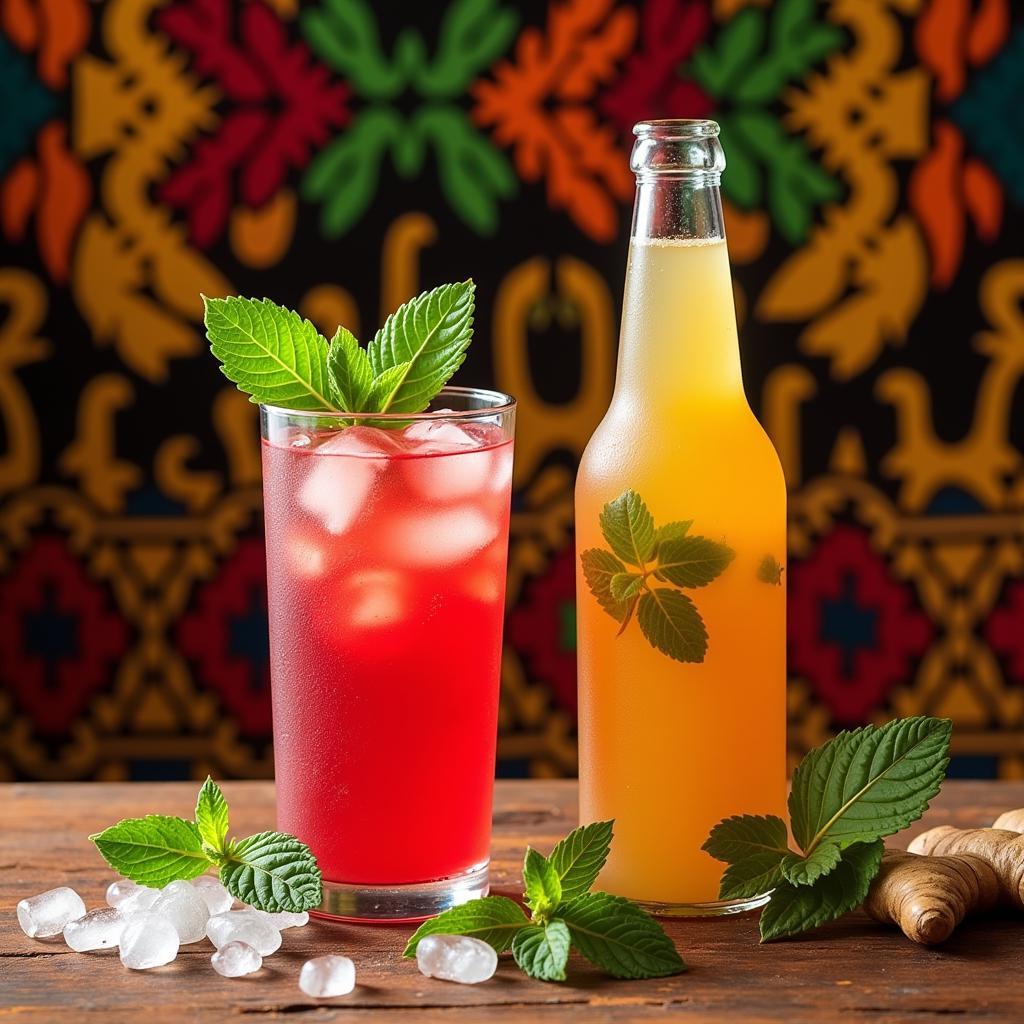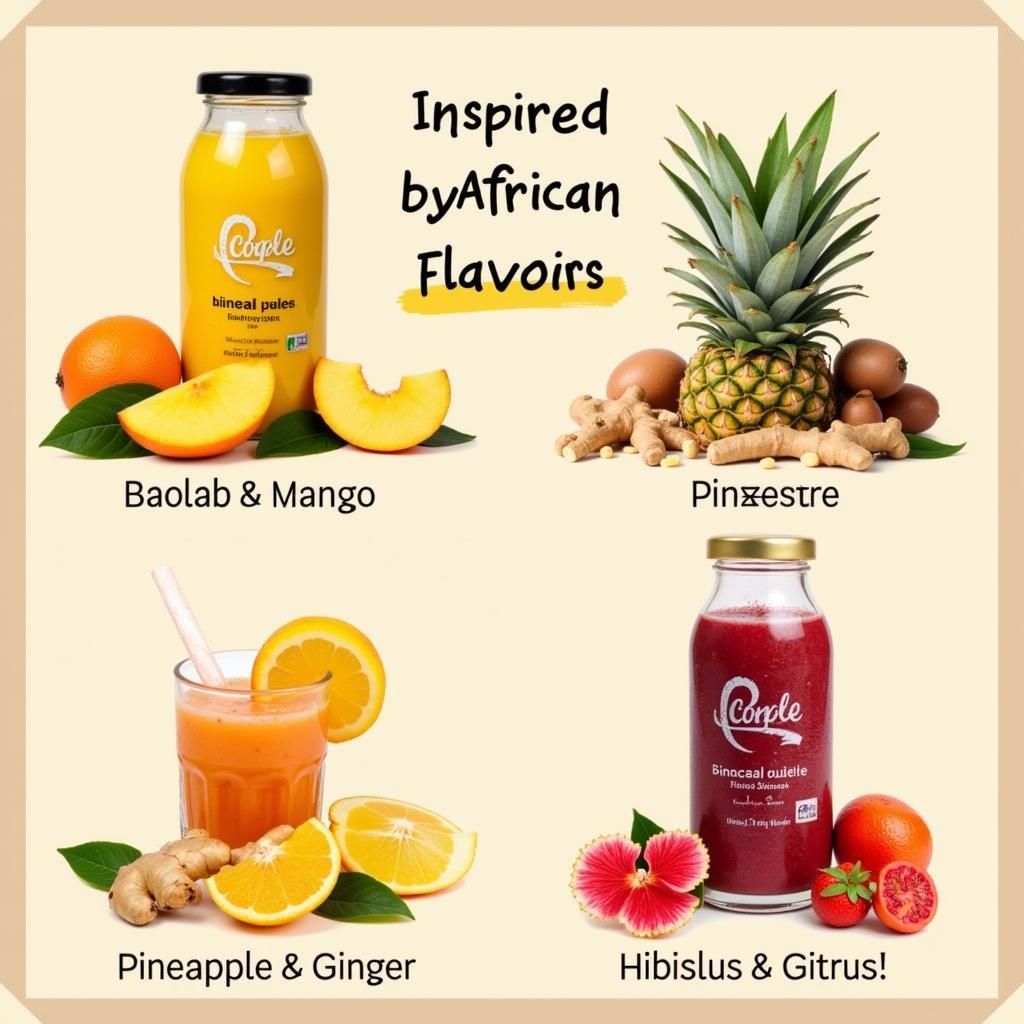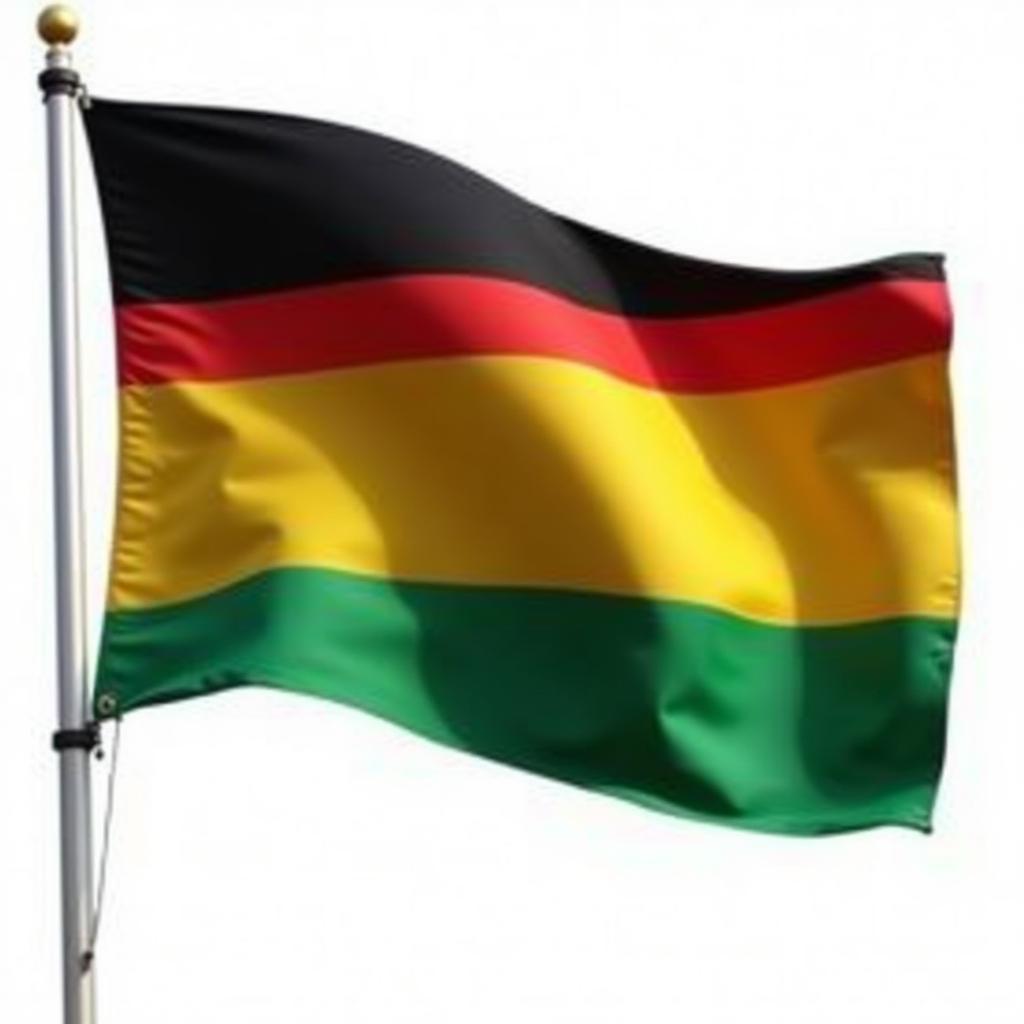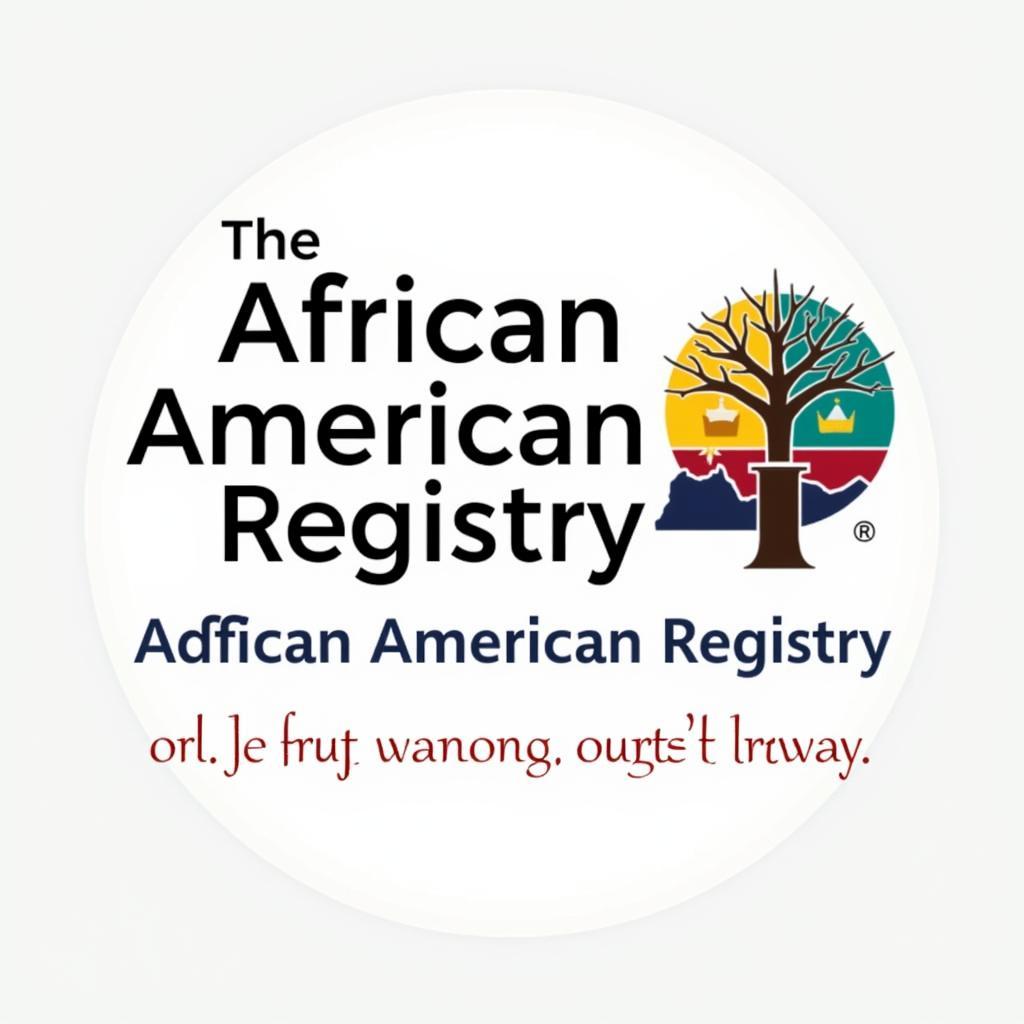Discovering the Diverse World of African Drinks
From ancient traditions to modern innovations, African Drinks offer a fascinating glimpse into the continent’s rich cultural tapestry. This article explores the diverse and flavorful world of African drinks, from refreshing non-alcoholic beverages to traditional alcoholic brews. african cocktail drinks These beverages play a vital role in social gatherings, ceremonies, and everyday life, showcasing the ingenuity and resourcefulness of African communities.
A Refreshing Journey Through Non-Alcoholic African Drinks
Across Africa, numerous non-alcoholic drinks quench thirst and offer unique flavors. These range from simple yet satisfying beverages to complex concoctions with medicinal properties. Hibiscus tea, known as bissap in West Africa and karkade in North Africa, is a beloved beverage with a vibrant red hue and a tangy flavor. Made from dried hibiscus flowers, it’s often served chilled and sweetened, perfect for a hot day. Another popular choice is ginger beer, a spicy and refreshing drink made from fermented ginger, sugar, and water.
 Refreshing Hibiscus and Ginger Drinks
Refreshing Hibiscus and Ginger Drinks
Another staple is palm wine, tapped from various palm tree species. This sweet, milky drink is enjoyed fresh or fermented, varying in flavor and alcohol content depending on the region and method of preparation. Rooibos tea, indigenous to South Africa, is a caffeine-free herbal infusion known for its earthy flavor and health benefits.
Unveiling the Secrets of Traditional African Alcoholic Drinks
Traditional African alcoholic drinks are deeply intertwined with cultural practices and ceremonies, often playing a significant role in social gatherings and rituals. Millet beer, for instance, is a staple in many East African communities. Brewed from fermented millet, it offers a slightly sour and earthy flavor profile. african cheep liquors In West Africa, palm wine is often allowed to ferment further, transforming into a stronger alcoholic beverage.
Other locally brewed alcoholic beverages include umqombothi, a South African beer made from maize and sorghum, and pito, a Ghanaian beer made from fermented sorghum or millet. These traditional drinks offer unique flavors and textures, reflecting the diverse agricultural practices across the continent. They often hold symbolic meaning, connecting people to their ancestors and traditions. african american drinks,
What are some popular African drinks?
From hibiscus tea and ginger beer to millet beer and palm wine, the variety of African drinks is astounding. Each region boasts its unique specialties, reflecting the local climate, agriculture, and cultural traditions.
Where can I find authentic African drinks?
Authentic African drinks can be found in local markets, restaurants, and homes across the continent. Increasingly, they are also becoming available in specialty stores and online platforms worldwide.
How are traditional African drinks made?
Traditional African drinks are often made using simple, time-honored techniques passed down through generations. Fermentation is a common process, utilizing locally available ingredients such as millet, sorghum, and palm sap.
Dr. Anika Nkosi, a renowned anthropologist specializing in African cultures, notes, “Traditional African drinks are not merely beverages; they are a reflection of history, agriculture, and social customs.” She adds, “Each drink tells a story, connecting people to their heritage and the land.”
Are African drinks healthy?
Many African drinks, particularly the non-alcoholic varieties, offer health benefits. Hibiscus tea, for instance, is rich in antioxidants, while ginger beer aids digestion. However, excessive consumption of alcoholic beverages can have negative health consequences. african cocktail blog,
 Modern African Fruit Juice Blends
Modern African Fruit Juice Blends
Exploring Modern African Drink Innovations
While traditional drinks remain central to African culture, modern innovations are also emerging. These often involve blending traditional ingredients with contemporary techniques, resulting in new and exciting flavor combinations. Fruit juice blends incorporating indigenous fruits like baobab, marula, and soursop are gaining popularity. These innovative beverages cater to evolving tastes while celebrating the continent’s rich biodiversity.
Dr. Kwame Asante, a food scientist specializing in African cuisine, observes, “The future of African drinks lies in balancing tradition with innovation, creating beverages that are both culturally relevant and appealing to a global audience.”
Conclusion
African drinks represent a vibrant tapestry of flavors, traditions, and innovation. From the refreshing tang of hibiscus tea to the complex notes of millet beer, these beverages offer a fascinating journey into the heart of African culture. Exploring the diverse world of African drinks is not just about quenching thirst; it’s about experiencing a rich cultural heritage. So, embark on this flavorful adventure and discover the unique tastes of Africa. african bamileke table
FAQ
- What is the most popular drink in Africa?
- Are there any alcoholic drinks made in Africa?
- What are some traditional African non-alcoholic drinks?
- What are some common ingredients used in African drinks?
- Where can I learn more about African drinks?
When you need assistance, please contact us at Phone Number: +255768904061, Email: kaka.mag@gmail.com or visit our address: Mbarali DC Mawindi, Kangaga, Tanzania. We have a 24/7 customer service team.

